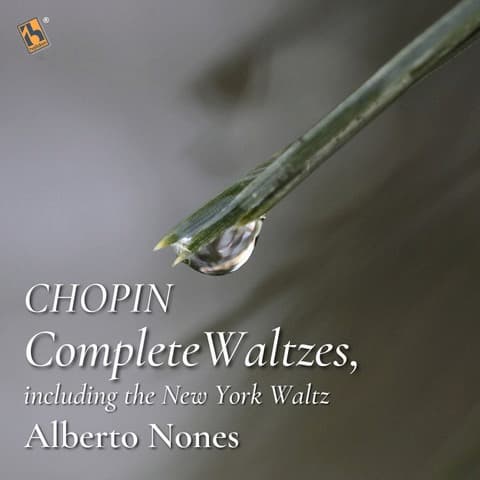Sergei Babayan, one of the most influential pianists, has recently collaborated with Daniil Trifonov to release an album titled “Rachmaninoff for Two.” This album is a tribute to Rachmaninoff, who would have celebrated his 150th birthday this year. “Rachmaninoff for Two” is also a celebration of virtuosity, poetry, and the two pianists’ friendship.
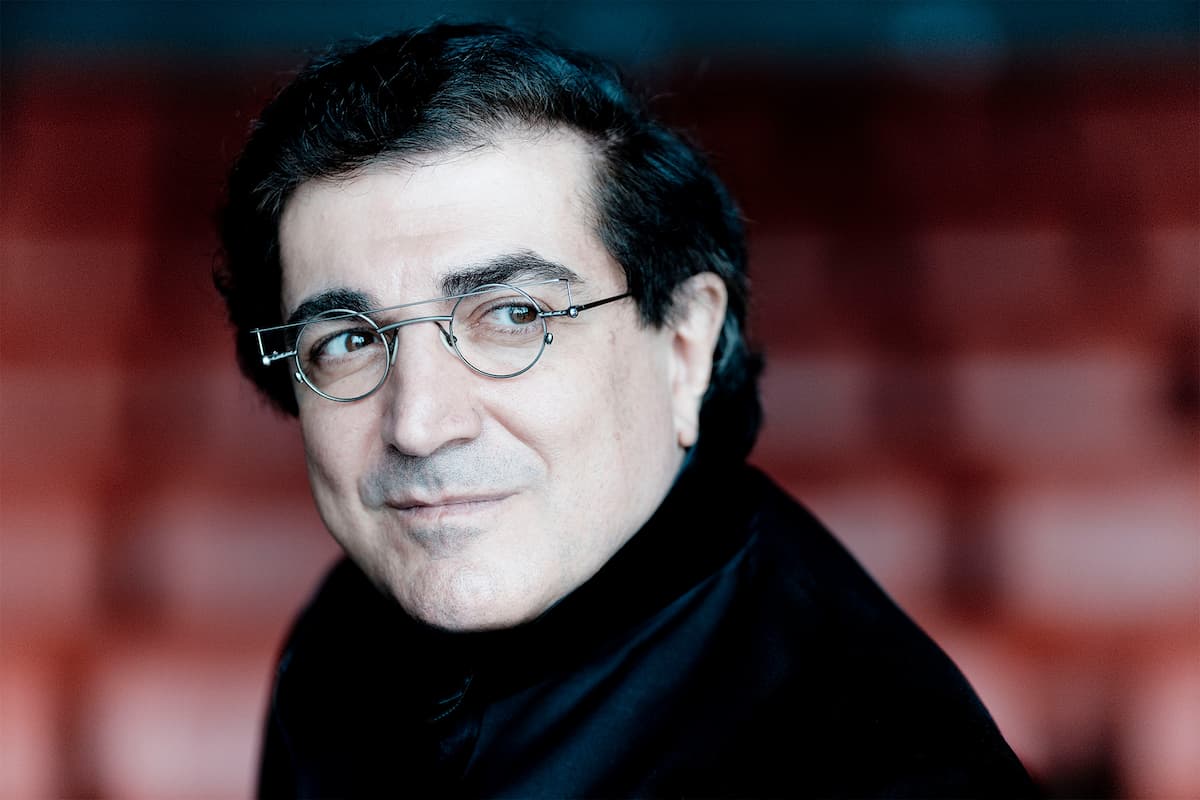
Sergei Babayan © sergeibabayan.com
This was not the first time that Babayan and Trifonov collaborated. In fact, they recorded an album when Trifonov was studying with Babayan. Babayan recalled that experience:
“We did record together Chopin’s Rondo, which was a very quick project because we were told literally ten days before the recording. These circumstances made our first duo recording more challenging than the sessions we now had for the ‘Rachmaninoff for Two’ album, which was planned well in advance. On the day of the Chopin recording, we started rehearsing in the morning, and we played and recorded a few takes. That evening, we performed the piece in a duo recital, and Deutsche Grammophon also recorded the recital. This Rachmaninoff recording now was very different.”
They collaborated on the Rachmaninoff project years later. When I asked Babayan if he thought playing with Daniil Trifonov felt different compared to the last one, he said:
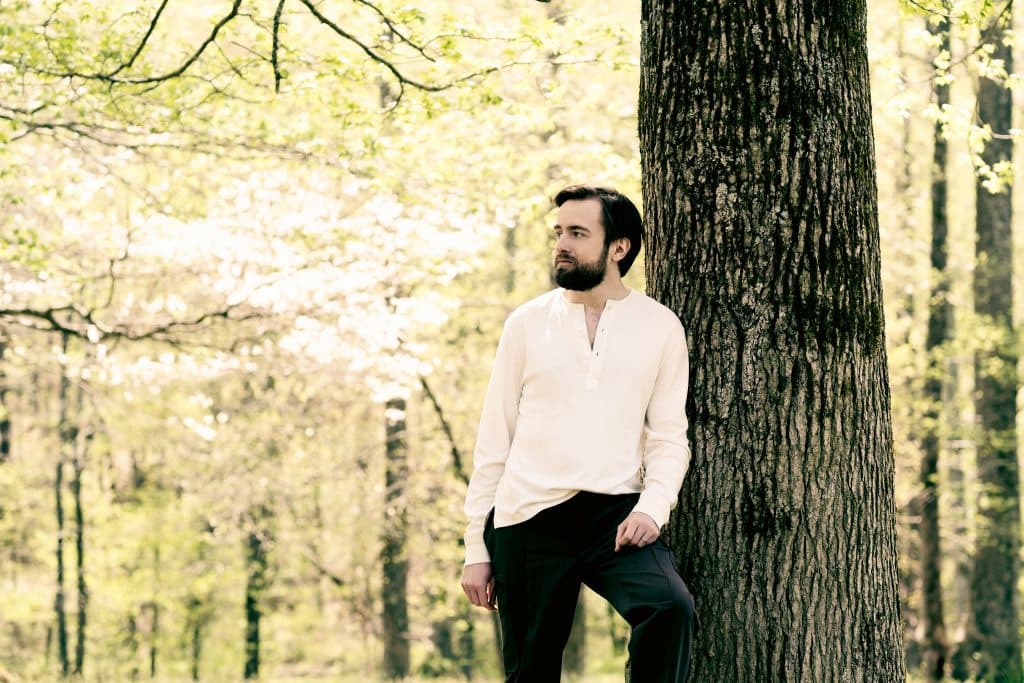
Daniil Trifonov © daniiltrifonov.com
“Of course, Daniil has matured as an artist, but he retains his most attractive, beautiful musical qualities that have always made him so special. Playing together with him and recording with him, is delightful. We listen to each other, and we tell each other things when we need to. We mostly understand each other without even having to say one word.”
This new album, Rachmaninoff for Two, consists of two Suites and Symphonic Dances, in addition to Trifonov’s transcription of the slow third movement of Symphony No. 2 in E-Minor op. 27.
“Recording this double album was a major project due to the magnitude of the repertoire and also the fundamental differences among the various pieces. The Symphonic Dances, on one hand, are a transcription by Rachmaninoff himself based on his original orchestral score. On the other hand, the Suites were written for the piano originally, and one can sense that they were created with the means of this instrument in Rachmaninoff ’s mind, including very demanding pianistic challenges. And that goes for both parts, first and second piano. I always play the primo part in the First Suite and the secundo in the Second Suite, and I find the Second Suite has enormous challenges from a pianistic point of view. Daniil and I have been playing these Suites together since 2013. It takes time to find the right approach with them.”
The recording begins with the beautiful slow movement of the Second Symphony in E Minor transcribed by Trifonov. What was your reaction when you saw the score?
“I believe Daniil created an immensely beautiful arrangement. When we studied it together, we compared our playing to the original orchestral version and then discussed a few additions and changes here and there. For example, we added more 16th notes in the left hand: The piano sound dies quickly. In order to sustain the chords, you need more notes in the left hand to sustain this feeling of a continued sound.
Daniil polished his first drafts with remarkable speed and also gave me the freedom to play some of my parts in my own way. Working on this piece together was an enormous joy, and I hope to play it often with him.”
Did you enjoy the recording process of this album?
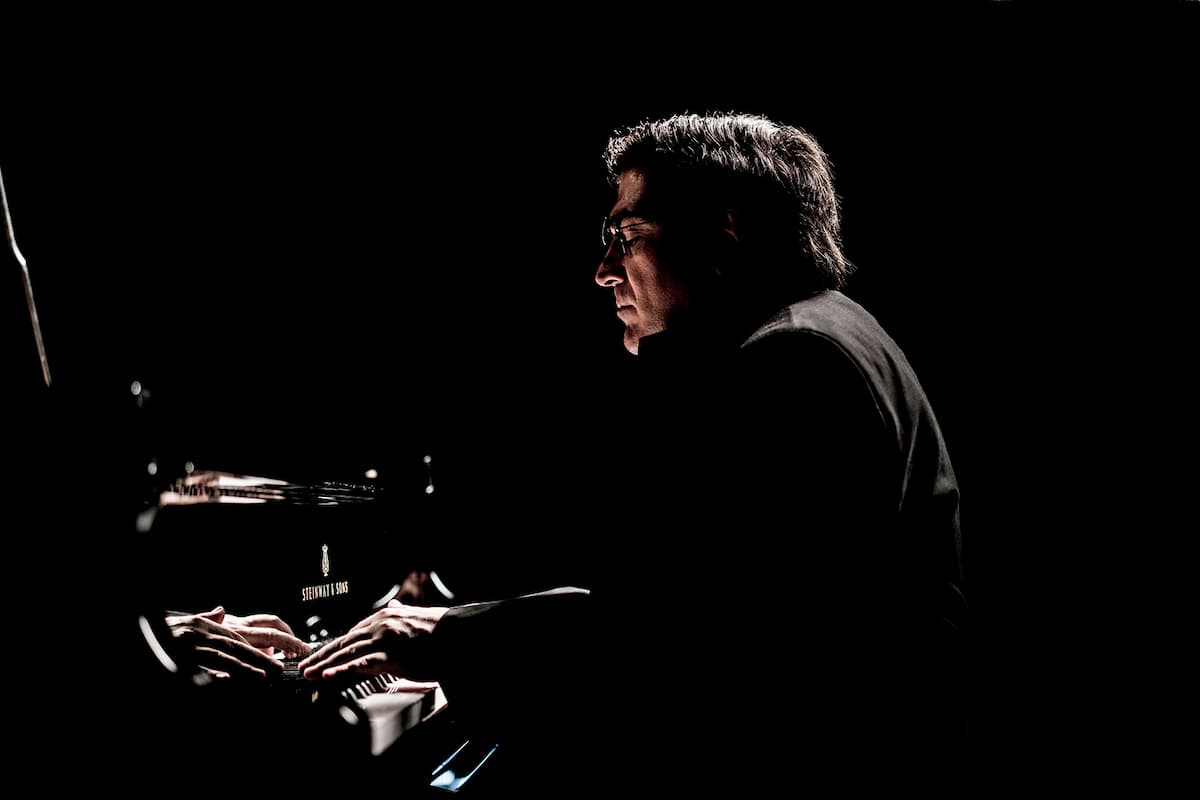
© sergeibabayan.com
“Very much so. Working on such incredibly beautiful music together with a close friend is a gift for which I am deeply grateful. It was like this when I recorded the Prokofiev transcriptions with my dear Martha Argerich, and I was delighted to do this again with Daniil.
So, is playing pieces for two pianos more challenging than playing solo?
“It is different. Performing on two pianos requires additional attention in finding the perfect balance between both instruments. Two pianos can create this large orchestral sound, but one still needs transparency and clearly intelligible phrasing. We want an understanding of those moments when one of the instruments has the leading melody and, therefore, needs to be in the foreground. That is one of the reasons why the deep understanding between both artists is so important.
Sergei Babayan has planned a series of performances for this year, including a newly conceived program. He will perform on many stages across the globe, with concerts lined up in Italy, the USA, Brazil, and Germany before the summer. Additionally, he is scheduled to perform at the Oxford Piano Festival on July 30th, 2024.
When I asked him to share a snippet of the new programme with me, he responded:
“Well, the programme that I will be playing contains some of the most beautiful melodies ever written. The programme includes many transcriptions and original piano music combined by composers from different countries. It is a joy to study this music, and I hope audiences will feel and share my joy.”
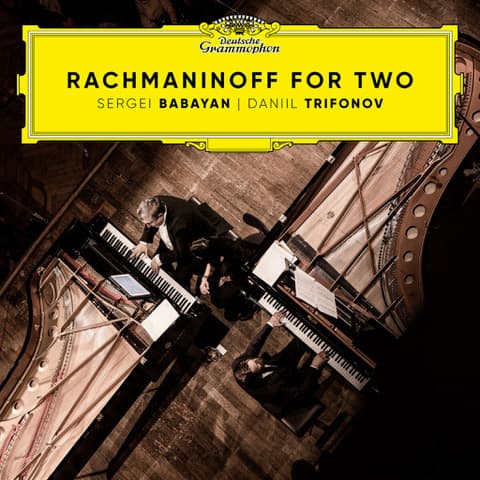
Learn more about the album.
For more of the best in classical music, sign up for our E-Newsletter




